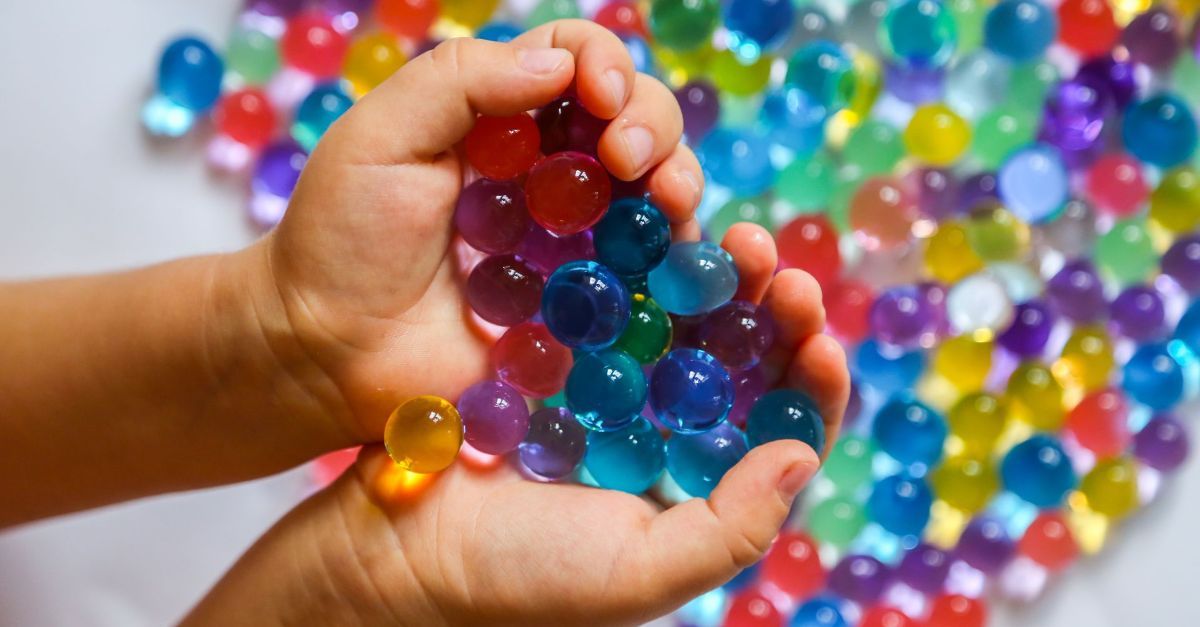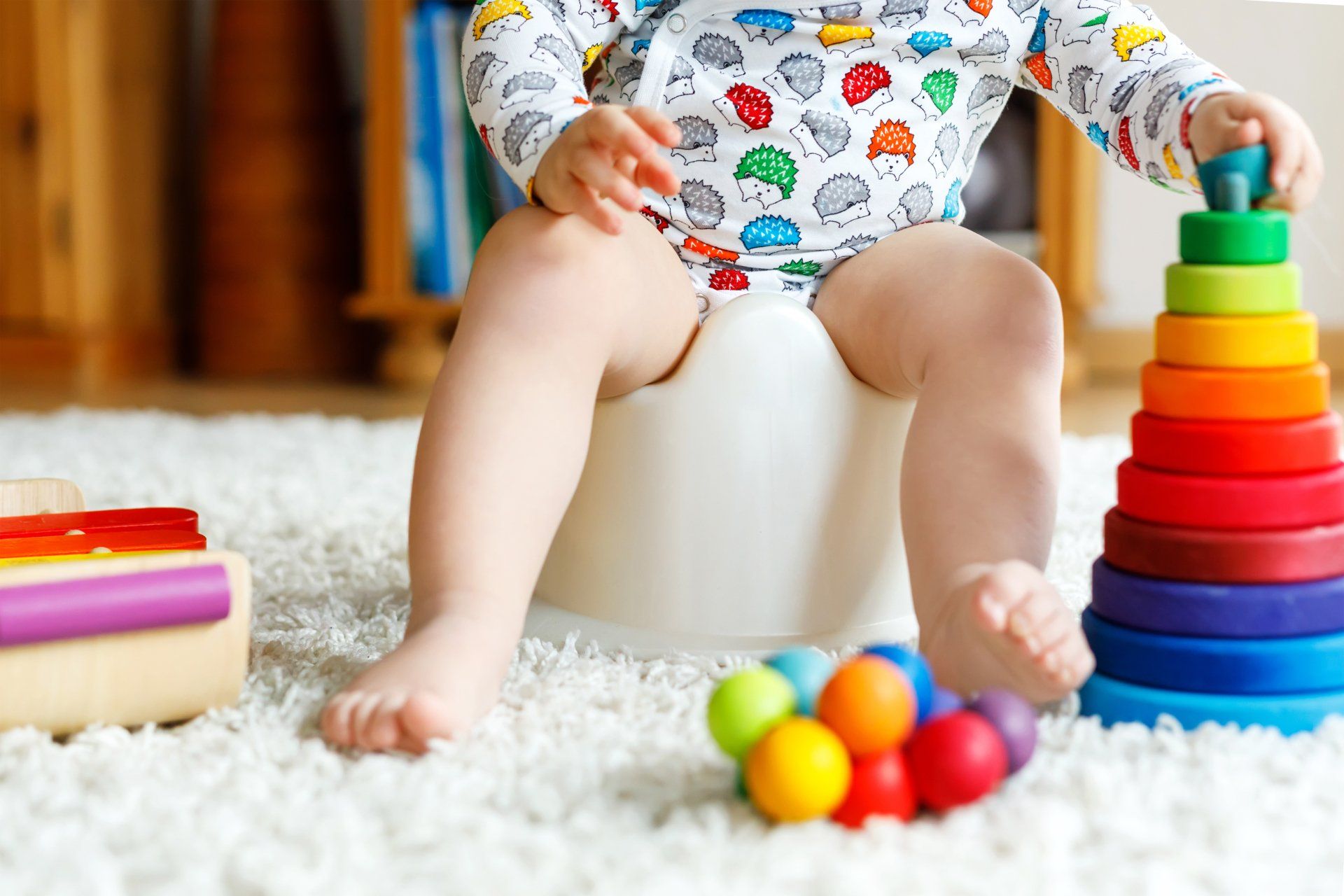Toddler Appropriate Chores - It Builds Confidence
When we are born, each of us is entirely reliant on others and therefore we can say that childhood is then an apprenticeship that gradually prepares us for adulthood. From infancy, children understandably reach out to the world; beginning with their mother and father. As that bond is cemented, children seek more triumphs and competence.
As a parent and educator, I know that living in the modern world, boast a demanding and dynamic lifestyle, at home and in the classroom, therefore it is important to instill a sense of ownership and pride within our children from a young age. By assigning responsibilities (chores), we are teaching them to build their self-esteem, teaching self-help skills and encouraging their independence so that they too will one day be able to cope with the demands of society.
By asking our toddler to help with tasks not only ”lifts the load” as a parent or a teacher, but the child will learn empathy by sharing responsibilities and become more self-confident when they accomplish their assigned task, particularly with little or no guidance. Chores are great tools to establish routine, which may reduce opportunities for confusion or disagreements amongst siblings or other toddlers if in a classroom environment.
Remember, each child develops at his own pace, so some children may be ready for chores that have been assigned, while others will only be able to perform tasks with support. Start with one or two chores; it is important to only start with a few tasks at a time. You definitely don't want to overwhelm your toddler or make them feel pressured. The main aim in giving your toddler chores is for them to feel capable, not overwhelmed.
As children approach chores, it’s guaranteed they’ll do things differently, messier than you! But as children gain finesse through trial and error, they’ll achieve mastery and build pride. Don't expect perfection or correct the work that the child has done. There is plenty of time for that later when the child is more competent at the task and has more confidence. What you want to focus on now is rewarding the child's effort and your patience and gentle guidance will mean a lot.
Addition to simple chores, toddlers should also include attending to their own cleanliness, grooming, clothing and toys.
The below mentioned chores are sure to assist you in fostering an independent and confident toddler.
- Pick up toys and books and put them in their suitable place (you must first assign clear places for your child's belongings)
- Put dirty clothes in the laundry basket - this can be done after bath, in the morning, and before bed-time.
- Wipe the table after meals- not only is this an easy task, but they will love doing it!
- Dusting and wiping- make it fun! Purchase a bath hand puppet to use when dusting or wiping to “collect all the dust bunnies.”
- Unload the groceries- after a grocery trip let your toddler hand you items out of the grocery bags while you pack it away.
- Help set the table- just be sure to only give your toddler safe, unbreakable objects.
- Let them help you make the bed- do this chore together and squeeze in a little bonding while you work.
- Clean up spills and messes with paper towel, sponge or a child-sized broom.
- Water plants- for this chore, provide measuring cups and a bucket of water and then let your toddler delight in pouring it into the pot and feeding the plant.
- Sweeping- Use a toddler size broom and dust pan. While this is one chore that generally creates more work for you, they love helping and sweeping the dirt back and forth.
- Pushing buttons- If there are buttons that need pushing let your toddler do it - elevators, dishwasher, microwave, washer, dryer, even the coffee maker. Toddlers LOVE buttons! This chore that isn't quite a chore is still teaching little ones to follow directions. It also teaches them that they are capable, they can do it, and when possible, you will let them.
- Help in the kitchen- there are so many ways toddlers can help in the kitchen from stirring to pouring to washing fruit.












